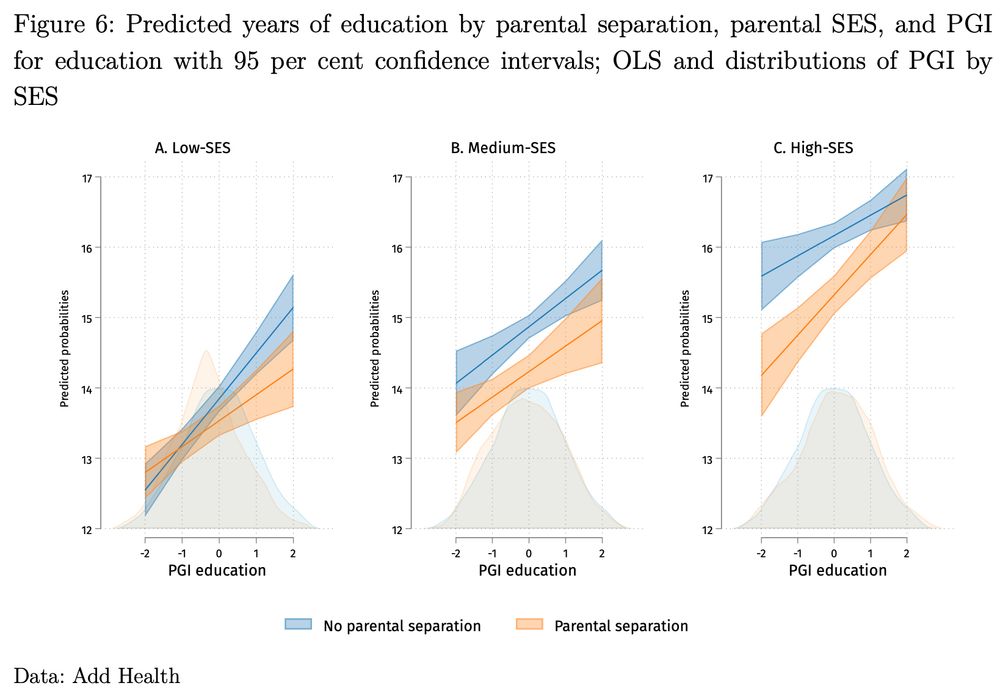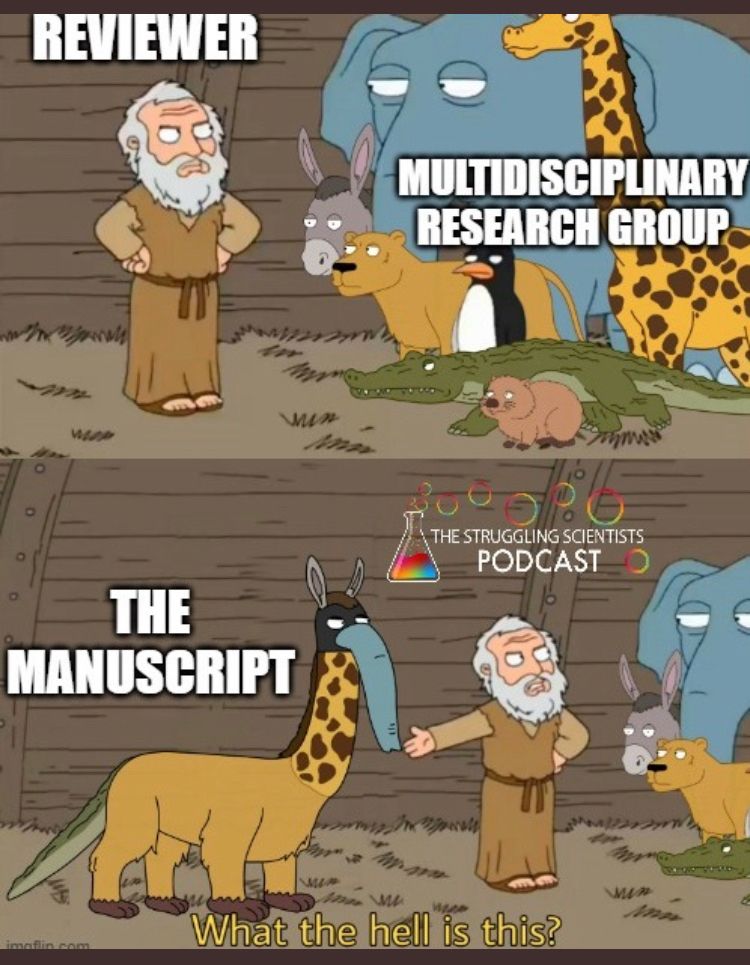
Postdoc at University of Bologna (GENPOP) & previously PhD at the EUI.
https://gaiaghirardi.github.io
1) ECEC is the most effective strategy to reduce social disparities, positively affecting low-SES children
2) Exclusive parental care and family day-care may increase social disparities, benefiting high-SES children while negatively affecting low-SES
4/5


1) ECEC is the most effective strategy to reduce social disparities, positively affecting low-SES children
2) Exclusive parental care and family day-care may increase social disparities, benefiting high-SES children while negatively affecting low-SES
4/5
1) PGI BMI is more predictive of high levels of BMI among individuals from *low-SES families*
2) This pattern is weakened over the life course but *persists* among individuals with high BMI levels
4/5

1) PGI BMI is more predictive of high levels of BMI among individuals from *low-SES families*
2) This pattern is weakened over the life course but *persists* among individuals with high BMI levels
4/5
And to the best committee @juhoharkonen.bsky.social @melindacmills.bsky.social & @nicolabarban.bsky.social for improving this thesis and supporting this work!



And to the best committee @juhoharkonen.bsky.social @melindacmills.bsky.social & @nicolabarban.bsky.social for improving this thesis and supporting this work!
→ The family socioeconomic environment can compensate, boost, and trigger children’s genetic associations.

→ The family socioeconomic environment can compensate, boost, and trigger children’s genetic associations.
To help prevent misuse of sociogenomic findings, here is a graphic version of my thesis conclusion:
→ Family socioeconomic environment interacts with genetic propensities, reproducing social inequalities in education and health.


To help prevent misuse of sociogenomic findings, here is a graphic version of my thesis conclusion:
→ Family socioeconomic environment interacts with genetic propensities, reproducing social inequalities in education and health.


4/5


4/5
1) ECEC is the most effective strategy to reduce social disparities, positively affecting low-SES children
2) Exclusive parental care and family day-care tend to increase social disparities, benefiting high-SES children while negatively affecting low-SES
5/5


1) ECEC is the most effective strategy to reduce social disparities, positively affecting low-SES children
2) Exclusive parental care and family day-care tend to increase social disparities, benefiting high-SES children while negatively affecting low-SES
5/5



Yesterday, we had an amazing workshop at UNED. Among others, there were brilliant presentations by @pengzell.bsky.social, Fabian Pfeffer, @sarageven.bsky.social, Marco Cozzani, and Leire Salazar.
Here is just a sweet memory of the post-workshop ✨ Madrid never lets you down!

Yesterday, we had an amazing workshop at UNED. Among others, there were brilliant presentations by @pengzell.bsky.social, Fabian Pfeffer, @sarageven.bsky.social, Marco Cozzani, and Leire Salazar.
Here is just a sweet memory of the post-workshop ✨ Madrid never lets you down!

